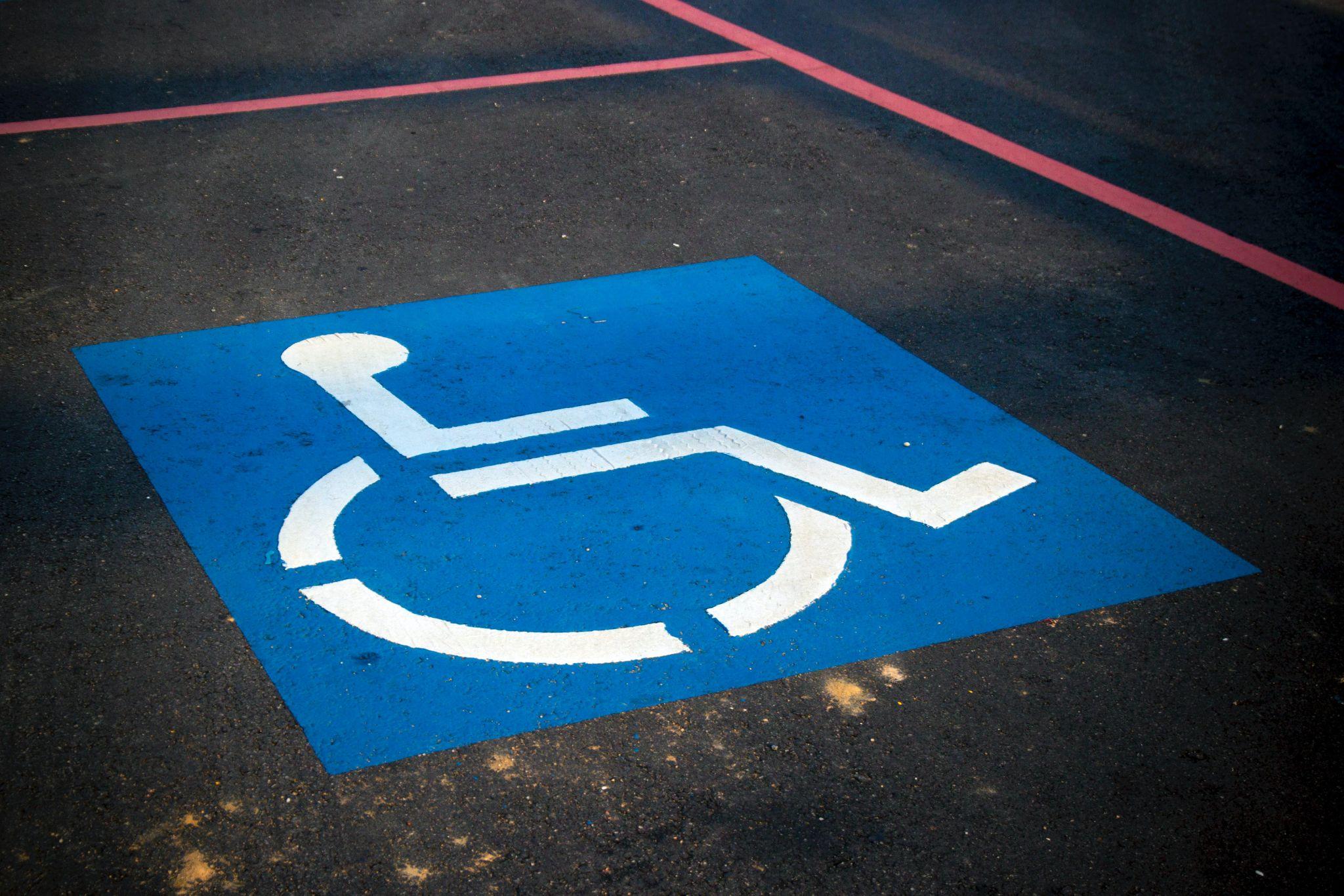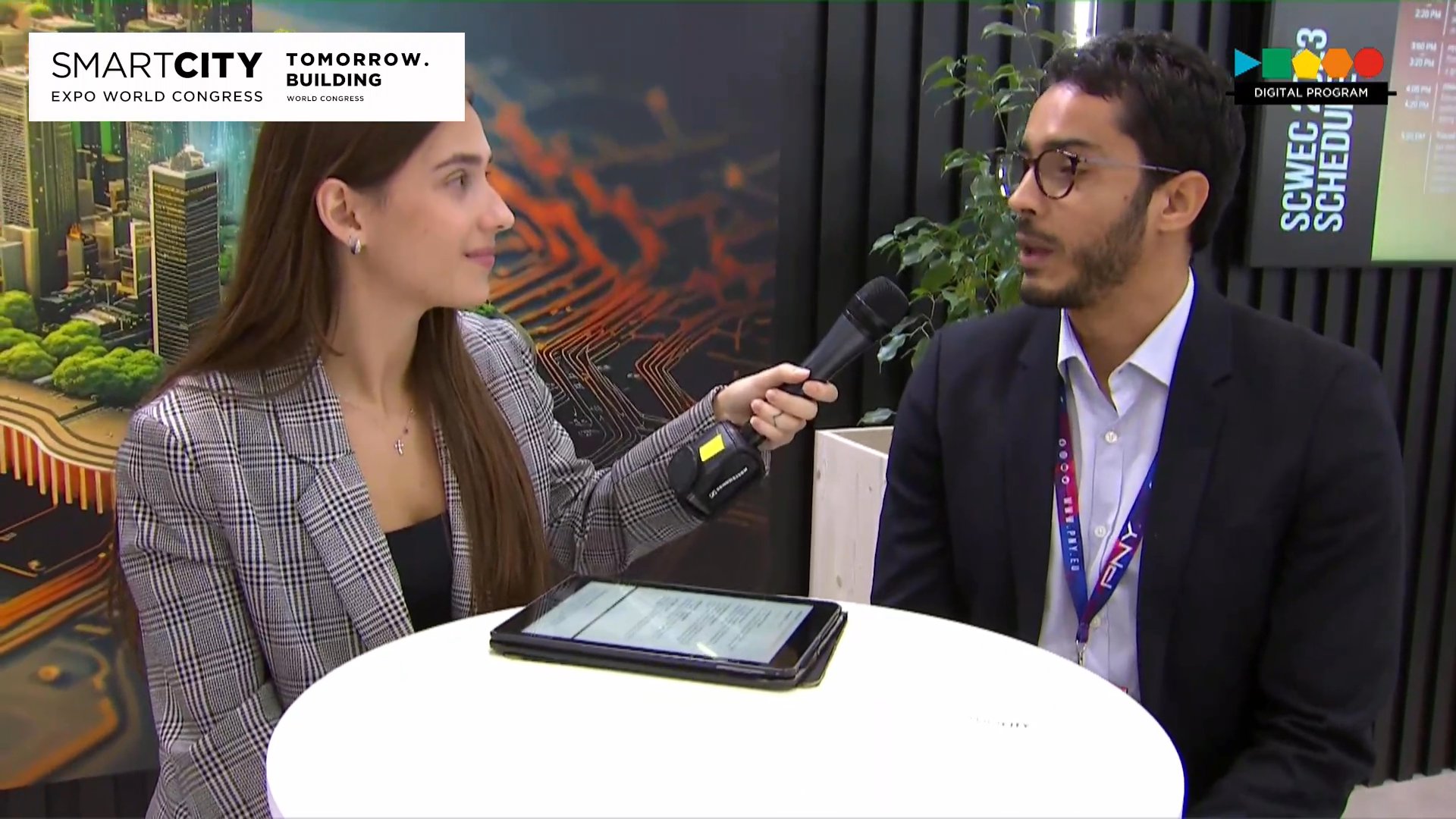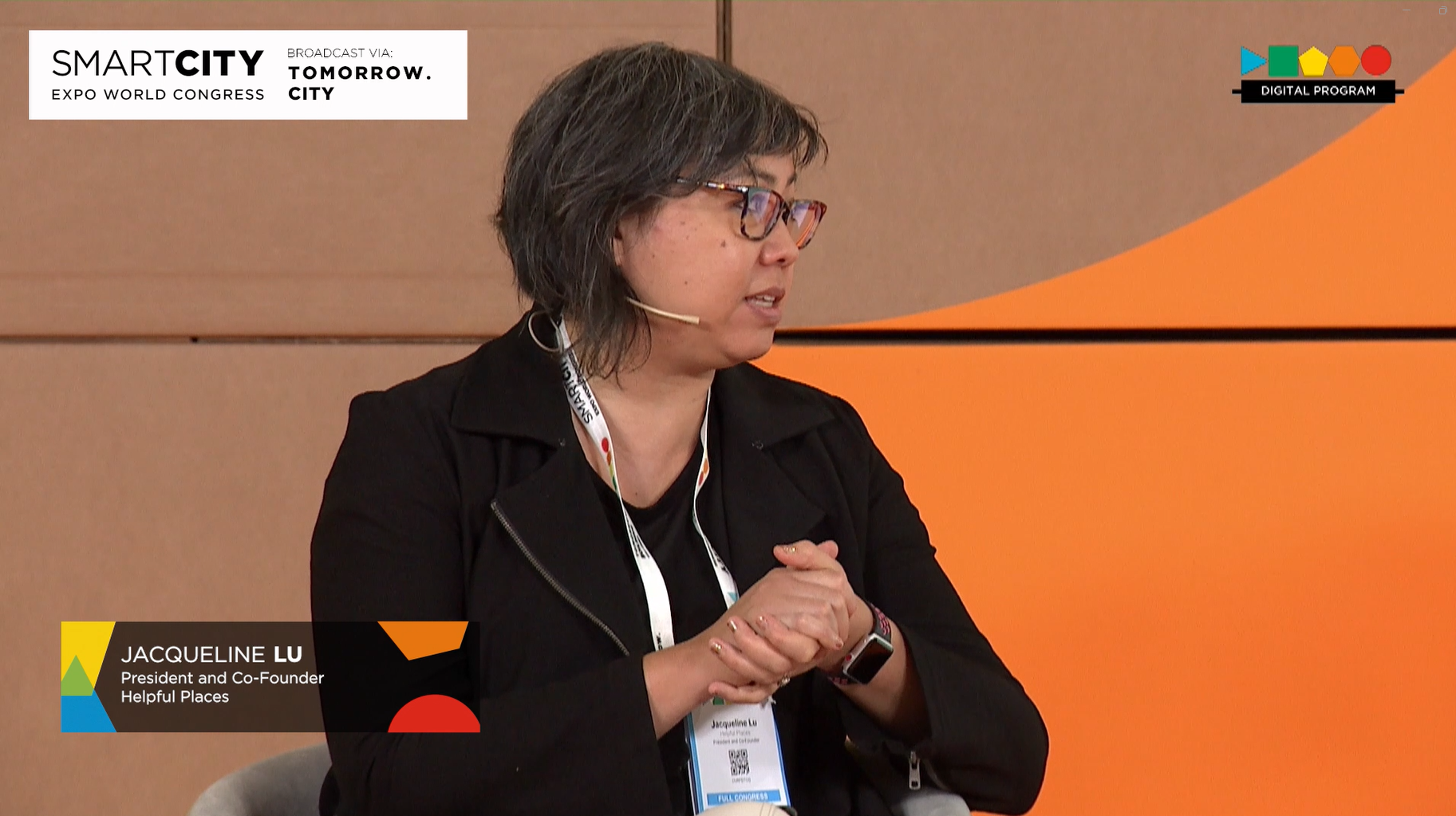Author | Lucía Burbano
They may seem like a minority but they are not as few as one may think. Approximately 15% of people living in cities experience some form of disability, according to the United Nations. With this in mind, smart cities are working on adapting their infrastructures, transport systems and other urban elements for people with reduced mobility and other disabilities to prevent their social exclusion.
Key features of inclusive urbanism
The objectives of smart cities are based on values such as sustainability and good governance that includes all its citizens. Improving their quality of life and increasing the autonomy of the most vulnerable, such as people with disabilities or reduced mobility, are goals intrinsically associated with these objectives.
And we are not just referring how easy it is to access public spaces, but rather of how data, digitalization and disruptive technologies allow urban planners to increase the social, labor and wellbeing opportunities of people with disabilities.
Here are some examples of how the combination of urban design and smart technology can increase accessibility and inclusivity.
Transversal consultation, real data

It may seem obvious, but collecting accurate data about the urban barriers that people with disabilities face involves asking the people themselves, together with their family members and the professionals that help them on a day-to-day basis. However, we should not make the mistake of homogenizing disabilities, since each group has specific requirements:
- People with reduced mobility who use wheelchairs need wide paths, low curbs and ramps or platform lifts to tackle gradients.
- Blind pedestrians need tactile warning indicators, auditory guidance and accessible pedestrian signals.
- People with an intellectual disability feel more comfortable in safe and peaceful spaces, with easy-to-read signs, pictograms and color markers.
Universal design and urbanism
Universal design consists in the design of environments that are accessible to all people, to the greatest extent possible. These are some principles that can be applied to urban design:
- Equality and easy to understand, regardless of ability and skills.
- Flexibility, that adapts to a wide range of individual preferences and skills.
- Requires low physical effort.
- Appropriate sizes and spaces for emergencies, for example.
Technological allies for accessibility
- IoT solutions such as smart traffic lights that enable these devices to be operated from smartphones, without pedestrians having to press any buttons. Passblue, for example, uses Bluetooth to detect a visually impaired pedestrian’s smartphone and emits a variable frequency sound to indicate when they can start to cross the road and when they are about to reach the sidewalk.
- Smart street furniture. Smart bus shelters, such as this one installed in Seville, are becoming increasingly popular. They generally consists of a touch screen, a braille keyboard and speech recognition and they are designed to provide written and oral information.
- Smart homes that include connected speakers, refrigerators, ovens and thermostats, help people with disabilities to have greater control of their daily activities and can be programmed to adapt to the specific requirements of users.
These are the most accessible smart cities
Luxembourg
In Europe, the European Network for Accessible Tourism (ENAT), awards a prize each year to cities that are committed to universal design.
The 2022 award went to Luxembourg, a city that promotes the principle of universal "design for everyone", with measures such as audio and visual advertisements on buses, using sign language and accessible transcription in public agencies and regularly contacting its citizens with disabilities to ensure that their measures have had the desired effect.
Helsinki
Second on the aforementioned list, the capital of Finland has a municipal governance strategy called Helsinki for All, which proposes, for example, that all public spaces must be built under universal design criteria. Those already built must be refurbished to adapt to these parameters.
Barcelona
Third on the European ranking, the Catalonian city stands out for its high level of services in terms of general accessibility of the built environment, accessibility information for visitors, a well-designed public transport system that is accessible and with adapted services.
Singapore
Outside of Europe, the city that tops the list is Singapore. A couple of reasons for this are: 80% of the stations that form part of the mass rapid transit system have a minimum of two barrier-free routes, facilitating access. Tourist areas such as the Gardens by the Bay and the National Museum have wheelchair-friendly flat surfaces and entries without steps.
Images | Unsplash/AbsolutVision, Unsplash/Markus Spiske






















































